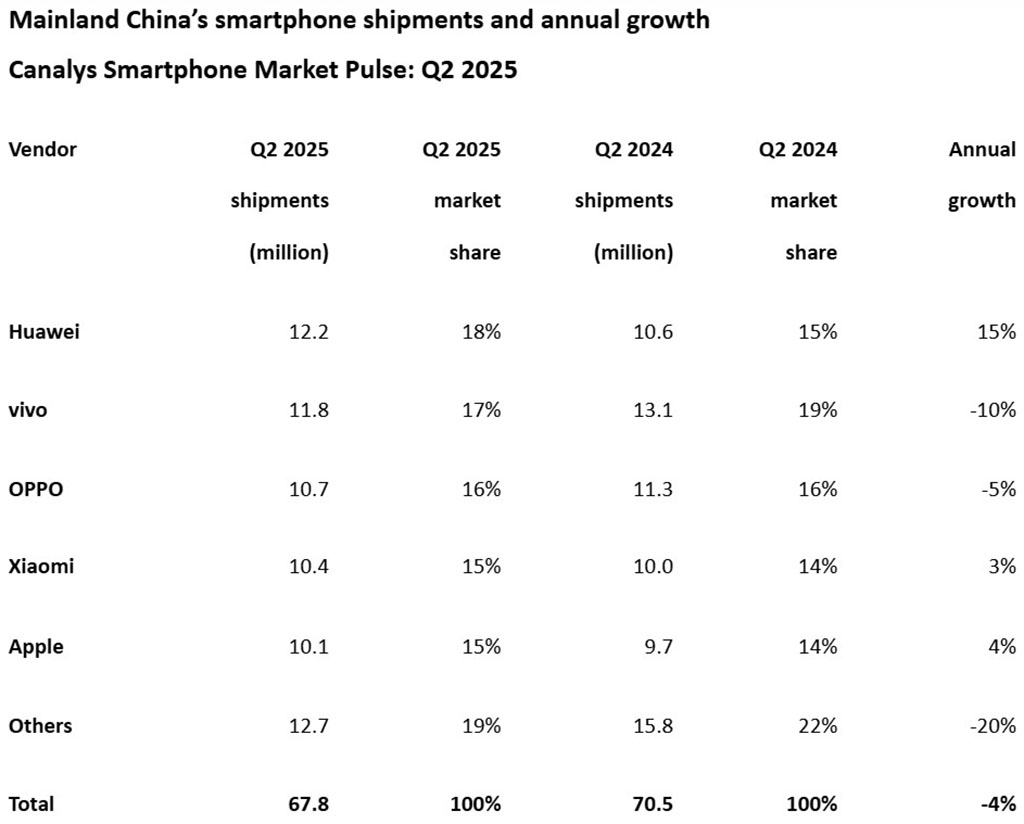US Sanctions Nearly Killed the Tech Giant, But Now They’re Fighting Back
Liang Hua, Chairman of Chinese tech giant Huawei, has opened up about the company’s near-death experience during the height of US trade restrictions – while revealing their smartphone business is now making a strong comeback.
The Dark Days: When Everything Changed Overnight
Just a few years ago, Huawei was one of the world’s biggest smartphone manufacturers. Then came 2019, when the United States placed the company on a trade blacklist, cutting off access to crucial American technology and Google services.
“We truly experienced what it’s like to be pushed to the brink of survival,” Liang told reporters this week. “At that time, we almost died.”
The sanctions meant Huawei phones could no longer use Google’s Android services or apps like Gmail, YouTube, and the Play Store – a massive blow for a company trying to sell phones globally.
How They Survived the Tech Blockade
Facing extinction in the smartphone market, Huawei made a bold move: they doubled down on research and development, investing heavily in their own technology.
The company poured over $15 billion into creating their own operating system, HarmonyOS, and developed alternatives to popular Google apps. They also ramped up partnerships with non-US suppliers to reduce their dependence on American technology.
“We had to rebuild almost everything from scratch,” Liang explained. “But this crisis also became an opportunity for us to become more self-reliant.”
The Comeback Story That’s Turning Heads
Fast forward to today, and Huawei’s smartphone sales are climbing again. In China, their home market, they’ve clawed their way back to become the second-best-selling smartphone brand.
Their new Pura 70 series phones have been particularly popular, with customers drawn to features like satellite messaging and advanced camera technology – innovations that came directly out of their push to become more independent.
Liang credits their survival to what he calls “painful self-reflection” and the company’s ability to adapt quickly to extreme circumstances.
What’s Next for Huawei?
While the Chinese market has welcomed them back with open arms, Huawei still faces challenges in Western markets where Google services remain essential for most smartphone users.
However, Liang remains optimistic about the company’s future, emphasizing that the experience has made Huawei stronger and more resilient than ever before.
“This journey taught us that we must always be prepared for the unexpected,” he said. “And we’re now better equipped than ever to face whatever comes next.”






